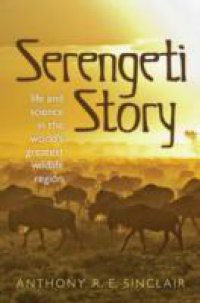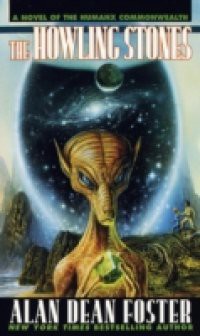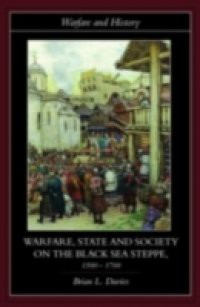Serengeti is arguably the most well-known and highly treasured conservation area in the world. In 1972 the United Nations meeting on National Parks and Protected Areas agreed to set up World Heritage Sites, now supervised by UNESCO, and at that meeting they voted Serengeti top of the list. What makes this site outstanding? What happens in Serengeti biologically? How did it become a protected area? What are the historical events that have shaped its present dynamics?What will happen to it in future? How has it become relevant to human society and conservation? These are the questions that Anthony Sinclair answers. First arriving in Serengeti in 1961, he has worked as a scientist in this ecosystem since 1965, and continues to do so today. In the process he has documented not only the ecological events as the system has changed but also the political, economic, and social events that have driven these changes. Including personal accounts of the dramatic events brought about by the vicissitudes of political turmoil, he tells the story of Serengeti and its surrounding research. Providing the historicalbackground - both the paleohistory going back 4 million years and the modern history of the region - he examines the future of conservation, considering the ominous threats facing the Serengeti today.


















